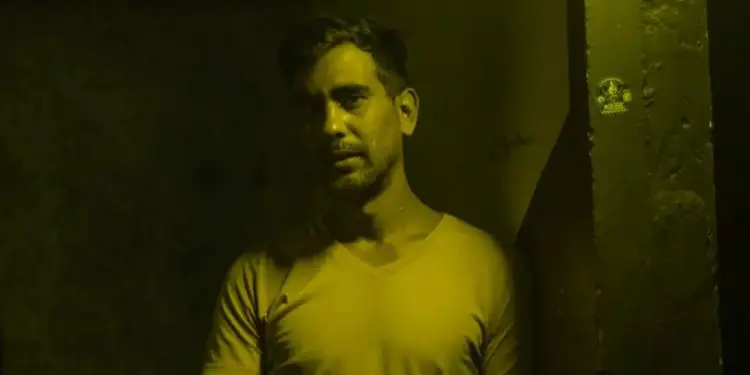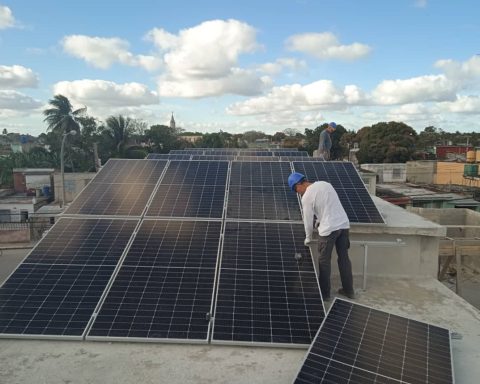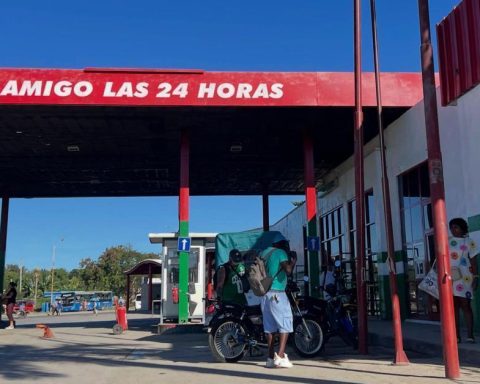MIAMI, United States. – The documentary Calls from Moscowby Cuban filmmaker Luis Alejandro Yero, It was included in the list of 19 films that will be presented at the International Festival of Film and Non-Fiction Media of the Museum of Modern Art in New York (MoMA), which will take place between February 22 and March 7.
Recently, Calls from Moscow too was included in the Forum section of the 73rd. Berlin Film Festival (known as Berlinale), which was inaugurated on February 16.
The work of the young Cuban, a Journalism graduate from the University of Havana, deals with the drama of Cuban migrants who travel to Russia hoping to cross the continent and apply for asylum in Europe.
“The attempts at communication between continents and the ruptures and contrasts associated with it play a role in the debut film by Luis Alejandro Yero Calls from Moscowa co-production between Cuba, Germany and Norway”, reviewed the EFE news agency.
According to that source, in the documentary the Cuban filmmaker observes four young people from the island who spend time in their apartment in a prefabricated skyscraper in Moscow, use their smartphones, record short videos of themselves and call their relatives in Cuba.
The protagonists of the documentary work rarely go outside due to the snow and the hostility towards people from the LGBTIQ+ community.
On his Instagram account, Luis Alejandro Yero offered details about the conception of Calls from Moscow.
“In May 2020, locked in an abandoned apartment in Havana, with the world paralyzed by a pandemic, in a city completely empty of all beloved faces, a question began to torment me: what is home. Almost like a provocation from the universe, a few days later I found an article that talked about the life of Cuban migrants in Moscow, locked up and with no future in a country that only offered them a hostile solitude. A year and a half later, I was flying to Moscow to try to answer that question that tormented me, ”he recounted.
“Despite the collapse of Cuba and its many solitudes scattered throughout the world right now, we celebrate the reward for this collective effort, this resistance, to precisely tell the experience of an exodus and that suspended place where so many faces that desperately seek an idea of home,” he said.
“I extend this celebration to all the independent Cuban cinema, to all the cinema made between friends, to all the cinema made as a pretext for the encounter, the resistance and the inventing of that ‘people yet to be born,’” he added.

















